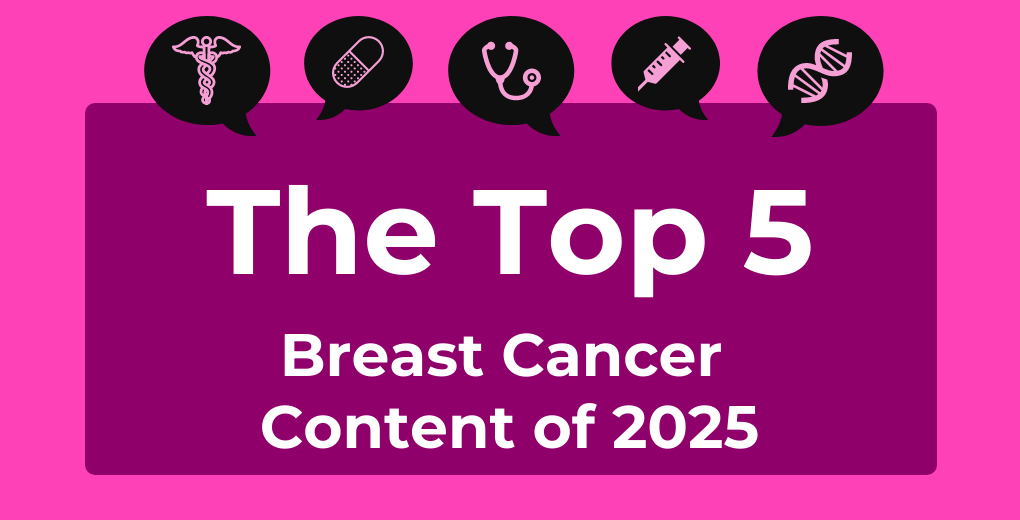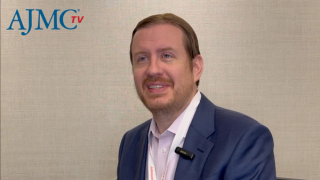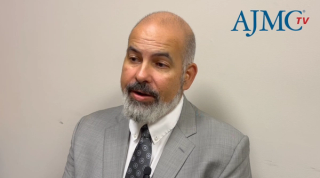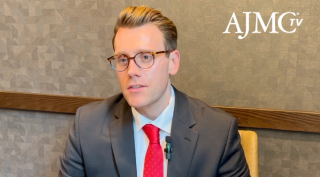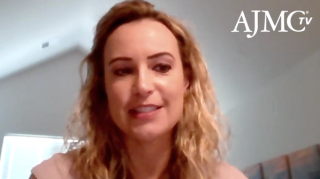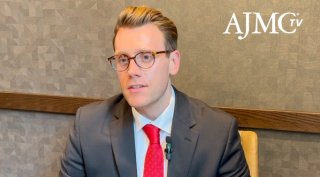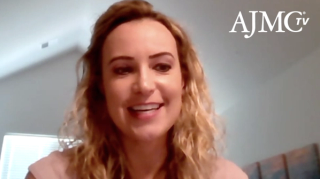
Value-Based Care
Latest News
Latest Videos

Shorts
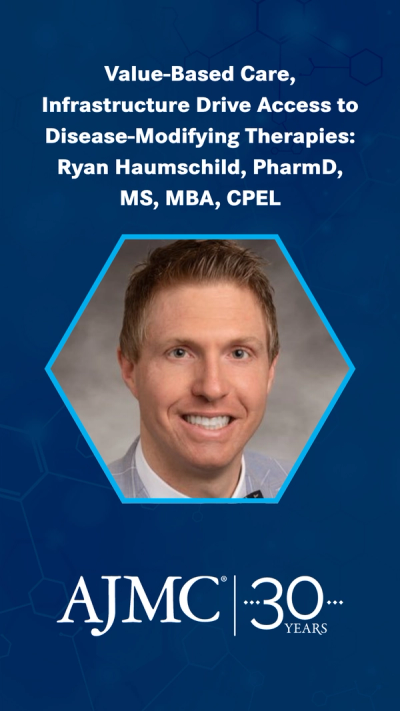
Podcasts
More News

Value-based care adoption in employer insurance requires replacing fragmented point solutions with unified, at-risk performance contracts that align vendors, providers, and members around total cost and quality goals.

Self-insured employers face regulatory challenges when adopting value-based contracts, requiring careful data governance, standardized metrics, and legal frameworks to align with federal value-based care models.

Employers struggle to define value from health care spending amid complexity and misaligned incentives. Achieving measurable outcomes requires transparency, incentive realignment, and gradual, employee-centered change.

As value-based care mandates expand, a new survey highlights documentation burdens and burnout risks.

Democrats move to extend ACA subsidies as enrollment closes, leaving consumers uncertain about premiums, coverage, and alternative health options.

Polarized dermatoscopes produced higher-quality teledermatology images but at greater cost, raising questions about feasibility and equitable access.

Guideline-recommended HF therapies do not improve major outcomes in Chagas disease, though sacubitril/valsartan improved NT-proBNP levels, new data show.

Connecting primary care providers and commercially insured adults to outpatient behavioral health services via a digital platform improved health outcomes and reduced medical costs.

A new study shows fee-for-service care is linked to higher odds of low-value surgery, suggesting salaried models may reduce unnecessary procedures.

With ACA subsidies and key CMS payment models ending in 2025, premiums are set to rise, shifting costs to consumers and employers.

Svetlana Barbarash, MD, explains how better education, digital monitoring tools, and coordinated care can improve arrhythmia detection and outcomes.

A large cohort study found adolescents and young adults starting TMP-SMX faced a higher 30-day risk of acute respiratory failure than those on other antibiotics.
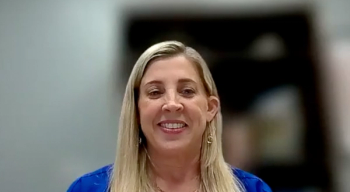
Phase 3 ADORING data show tapinarof cream delivers early, consistent skin, itch, and sleep improvements in children with atopic dermatitis, with low adverse event rates.

Survivors of SJS/TEN face severe long-term physical and psychological effects, with major gaps in post-discharge care, support, and physician guidance.

Immune-boosting herbs were linked to lower autoantibody rates in patients before dermatomyositis onset, suggesting activation of alternative immune pathways.

A study links seborrheic dermatitis to multiple epithelial barrier diseases, supporting broader assessment for inflammation and barrier dysfunction.

Oncology specialist Jasmine Eugene, PharmD, explains how pharmacists practicing at the top of their license help close cancer care gaps amid provider shortages.

Lower-income countries rarely gain timely access to FDA-approved drugs tested in their populations, highlighting major global and ethical disparities.

AI and digital tools are reshaping breast cancer care—from screening and trials to remote monitoring and lifestyle support.

Experts discuss the intersection of innovation, affordability, and access in cancer care, focusing on multiple myeloma and NSCLC advancements.

Explore how the WISeR Model addresses prior authorization reform, Medicare costs, and AI's role in tackling the health care affordability crisis.

Experts discuss the evolution of cancer care, emphasizing value-based approaches, precision oncology, and the importance of multidisciplinary collaboration for improved patient outcomes.

Aggressive lifestyle and risk factor control after ablation significantly lowers atrial fibrillation recurrence and improves heart health.

The AMCP Nexus 2025 conference will bring together professionals to discuss drug access and policy, as well as the future of pharmacy.
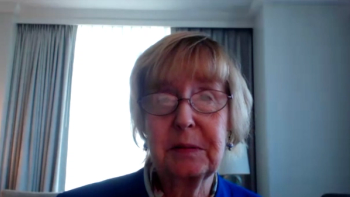
Elinzanetant offers a promising alternative to hormone therapy for women seeking relief from menopause symptoms, said JoAnn V. Pinkerton, MD.


